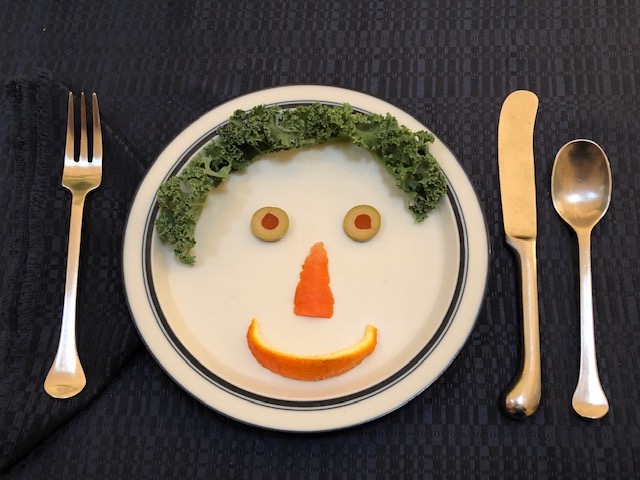 7 Conscious Eating Tips
7 Conscious Eating Tips
Here are some practices to start building now for those times when your emotions get the best of you and your eating spirals out of your conscious control. Read the full article on “Conscious Eating the Foods you Love“.
Limiting your portions and keeping scrupulous track of everything you eat is a great way to loose weight. But what about those moments of unconsciousness when you mow down a pint of ice cream, or rip into a bag of chips and finish the whole thing? After the rush subsides, you feel terrible. Just as that initial, “Gotta eat something, now!“ impulse fades, so does the “I will never do that again,” promise to self.
Here are some practices to start building now for those times when your emotions get the best of you and your eating spirals out of your conscious control.
1. Become more conscious of how and when you eat.
- Look at portion size, how fast you eat, how you feel as you eat, and your familial and cultural patterns around food.
- Notice what you were feeling just before you impulsively went to the fridge, or went into a store to buy a snack. If this is complicated, journal or make a chart about your most likely triggers and the ways you succumb to impulsive or self-destructive eating
2. Devise strategies to counteract your eating impulses.
- Prepare healthy food ahead of time and keep it clearly visible when those cravings and impulses roar loudly.
- Put hummus; carrot and celery sticks; soaked raw nuts; ready-to-eat fruit; front and center in your fridge or on your desk. Hummus and nuts have protein and fat that satisfy food cravings; carrots and celery are crunchy and help your mouth and jaw feel the act of eating as you chew them well.
- Frozen grapes or berries can replace ice cream as a cold, sweet go-to. Eaten one at a time, they are very satisfying and can help you regain consciousness about what you are doing.
3. Avoid eating while distracted
- Don’t eat in front of the TV, computer, or while doing other things. When eating at a new restaurant with friends, focus on your eating.
- It’s easy to overeat /undereat where there are many interesting and unknown food choices and/or social distractions and triggers to keep you unaware of your body’s needs.
4. Pay attention to portion size.
- Use smaller plates that make food portions look bigger and drink from tall, thin glasses helps us consume less because we believe our minds, not our stomachs. Drink water from your 32 oz Big Gulp container instead of soda – that’s not a gulp, that’s a quart!
- At a potluck, decide ahead of time that you will try only three or four dishes on your first “pass”; take small portions and stay focused on chewing and breathing. Enjoy your food. Really feel your hunger level before going for a second round. You can socialize after you eat.
5. Take more time to eat. Slow down and savor your food.
- Put down your utensil between bites.
- Chew your food thoroughly – to liquid. Really taste the good food you give yourself. I remember watching my 2-yr old friend eat fresh strawberries. Her face was rapt and completely focused as she took her time to enjoy the gorgeous feeling and delightful taste of those berries. I thought “I want to enjoy my food like that!” and I can.
- Ask a partner to point out if you speed up your eating or otherwise go unconscious with your intake.
- Build on these practices to re-train your overall approach to food and make conscious how you eat.
6. Practice in easy situations to gain confidence and awareness for the more challenging ones
Try these strategies at home, when you are relaxed and centered, so you can more easily pull them out during the challenging and triggered times.
7. Be patient with yourself.
It probably took years to solidify any destructive eating habits you have – and they can run deep. It will take time to retrain yourself and have it stick. This is a long-term plan to help you develop healthier, conscious eating patterns.
Fresh healthy food is a gift you give to your body. Conscious eating practices are also an important part of feeding yourself with love. Bon Appetite!

Copyright 2014, by Denise LaBarre Thank you for quoting and citing respectfully.
